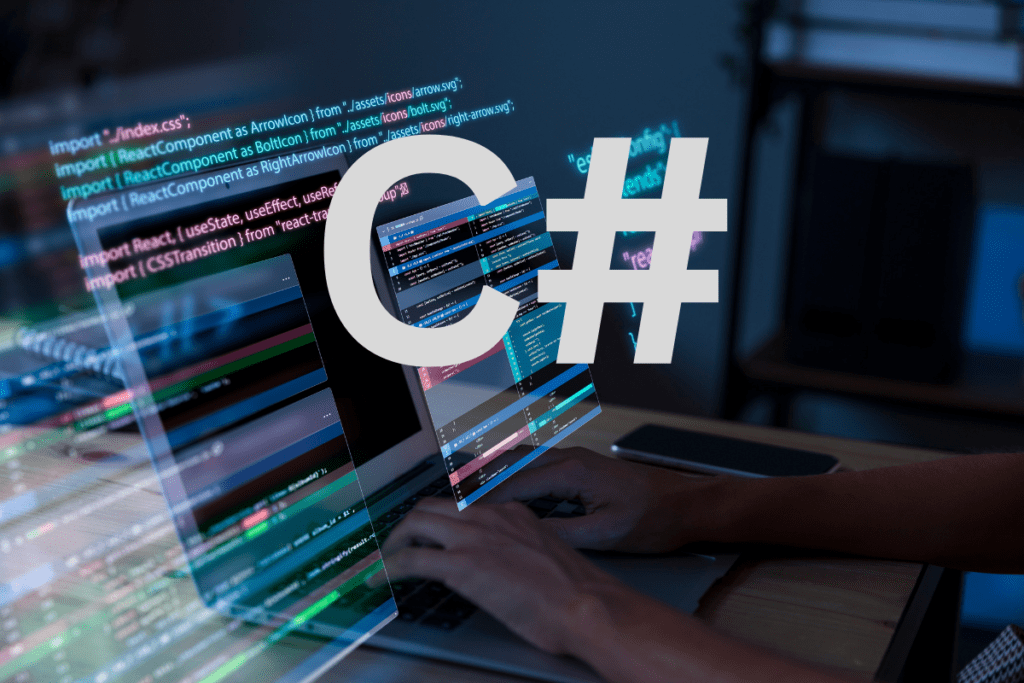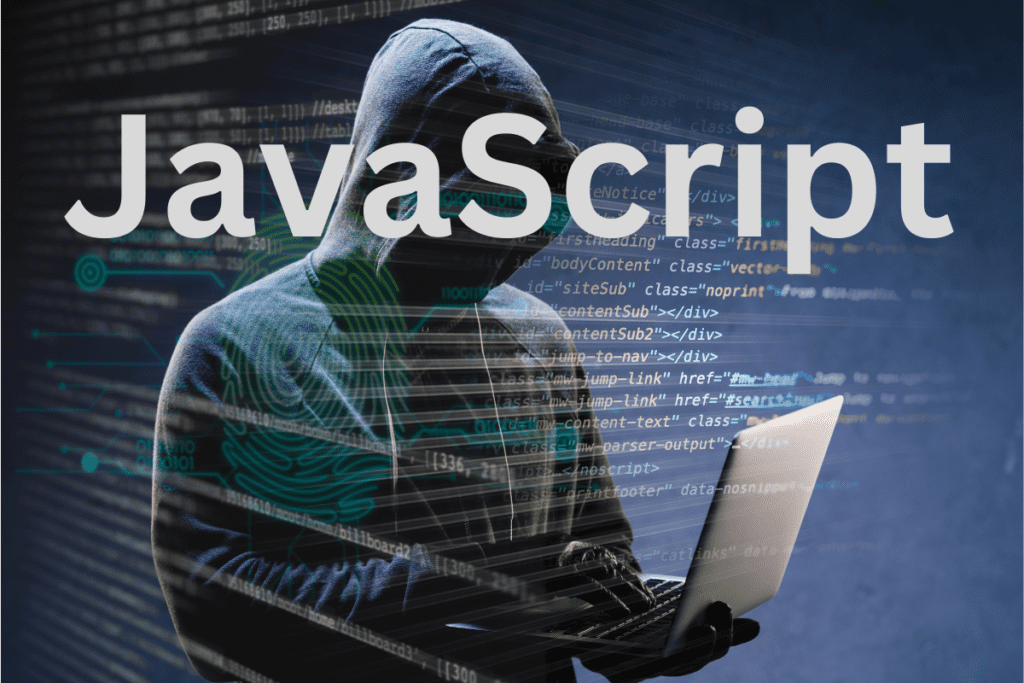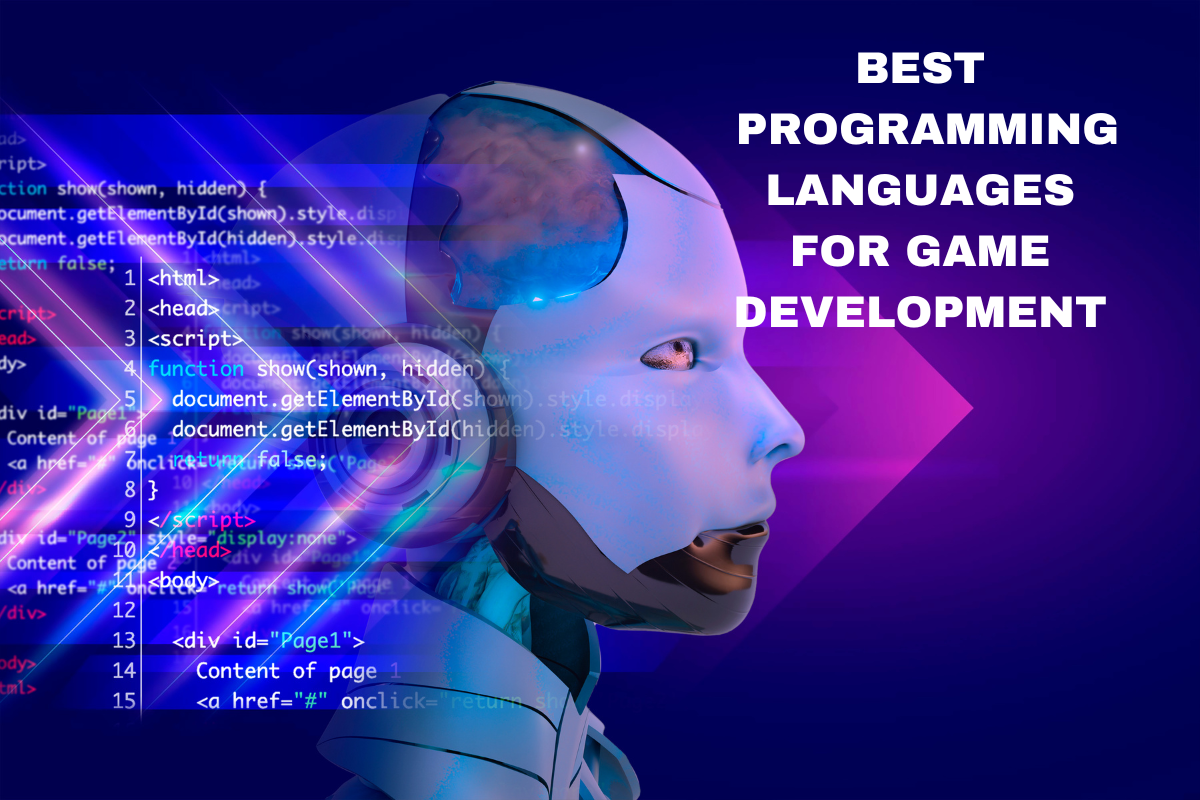Best programming languages for game development
Getting started with game creation is quite exciting! You’ve come up with an amazing game concept and are now ready to make it a reality. But what programming language should you use?
Do not fear; we have you covered! In this beginner-friendly tutorial, we’ll look at numerous programming languages for building games and help you choose the one that’s best for you.
Why does programming language matter?
First, let’s talk about why choosing the right programming language is important. Think of programming languages as different tools in a toolbox. Picking the right one can make developing your game easier, just like using the right tool for a job. When choosing the best programming languages for game development, consider these key factors:
1. Ease of Learning:
Beginners should choose a language that is simple to learn and understand. Complex syntax and confusing concepts can make learning to code difficult.
So choose a language that is beginner-friendly.
2. Performance:
Games can be very demanding in terms of performance.
You’re looking for a programming language that can handle complicated computations and visuals without slowing down.
3. Community Support:
Having a robust developer community may be quite beneficial when you’re just getting started.
A language with a big and active community provides you with a wealth of resources and assistance while you study.
4. Availability of Tools and Libraries:
Many times, managing graphics, sound, and physics in a game requires the use of multiple tools and libraries.
Selecting a language that has a wide range of tools and libraries could help you save a lot of time and effort.
Here are the best programming languages for game development.
Let’s take a deeper look at some of the best programming languages for game development.

1. C++ (pronounced "see plus plus")
C++ is a sophisticated and versatile programming language that is commonly used in game development.
It is well-known for its speed and efficiency, making it an ideal choice for developing high-performance games with complex visuals and physics. It is one of the best programming languages for game development.
One of the most widely used programming languages for creating video games is C++, particularly for high-performance games with demanding graphics.
Pros:
- Outstanding system performance and resource management.
- Often utilized in the video game industry (such as Unreal Engine).
- Comprehensive frameworks and libraries for creating video games.
Cons:
- Learning this language is more difficult than learning certain other languages.
- More complex syntax.
Use Cases:
- High-end video games (such as Fortnite and PUBG).
- Engines used for games (like Unreal Engine).

2. C# (pronounced "See Sharp")
C# is a user-friendly programming language that is commonly used with game development engines such as Unity.
It is known for its simplicity and ease of use, making it an excellent alternative for those who are just getting started.
C# is commonly used with the Unity game engine, which is the best choice for both 2D and 3D game development.
Pros:
- Less complicated to understand than C++.
- Solid community backing, particularly in the Unity area.
- Excellent for developing on several platforms.
Cons:
- Less control over system resources at the lower level than with C++.
Use Cases:
- Mobile and indie games.
- Video games created with Unity.

3. Java
Java is a popular programming language for game creation, especially for Android devices.
It’s known for its platform independence, so you can write your code once and then execute it on any device that supports Java.
Java is a flexible language that’s widely utilized in Android mobile game development.
Pros:
- Write once, execute anywhere (cross-platform).
- Robust libraries (like libGDX) for Android development.
Cons:
- Not as efficient for high-end games as C++.
- Not as frequently utilized in AAA game production.
Use Cases:
- Mobile games for Android.
- Browser-based games with libGDX or other frameworks.

4. Python
Python is a beginner-friendly programming language that is commonly used to develop small, independent games.
It is well known for its simplicity and readability, making it an excellent alternative for those just starting out in game development.
Python is a fantastic option for beginners because of its simplicity and readability.
Pros:
- It is simple to write and learn.
- Excellent for quick prototyping.
- Libraries for basic game creation, such as Pygame.
Cons:
- Not as resource-intensive or performant as games written in C++ or C#.
- Used less frequently in professional video game production.
Use Cases:
- Prototypes and instructional games.
- Easy 2D video games.

5. JavaScript
Java is a flexible programming language that is commonly used to create browser-based games.
It is well-known for its versatility and ease of use, making it a popular choice for developing basic, casual games for web browsers.
JavaScript is typically used for web-based games that run in browsers.
Pros:
- It runs on any device with a web browser.
- Many frameworks and libraries are available for game development.
- Easy to learn for beginners.
Cons:
- Performance limitations for very complex or resource-intensive games.
- Less suited for standalone or console games.
Use Cases:
- Browser games and casual web-based games.
- Simple 2D and 3D games.
Conclusion: The Choice is Yours!
For high-performance 3D games:
C++ is frequently the best option. Because of its efficiency and command over system resources.
For Indie and Cross-Platform Games:
C# with Unity is strongly recommended because of its robust community support and ease of use.
For web-based games:
JavaScript is easy to use and works well with all web browsers, making it a great choice.
For beginners and easy games:
Python is an excellent tool for learning the fundamentals of 2D game production.
For mobile games:
Java works great for developing Android games.
So, what are the best programming languages for game development?
The truth is that not every problem can be solved by one person. The optimal programming language for you depends on your own tastes, degree of experience, and the sort of game you intend to create.
The most important thing is to choose a language that you are comfortable with and that is appropriate for the type of game you want to make.
Don’t be scared to experiment with different languages until you discover one that works for you.
Remember that game development is mostly about having fun and being creative. So go ahead, begin coding, and let your creativity shine! Happy game-making!



Appreciated
That blog provide a lot information about programming languages… I’ll be apply that information in my project